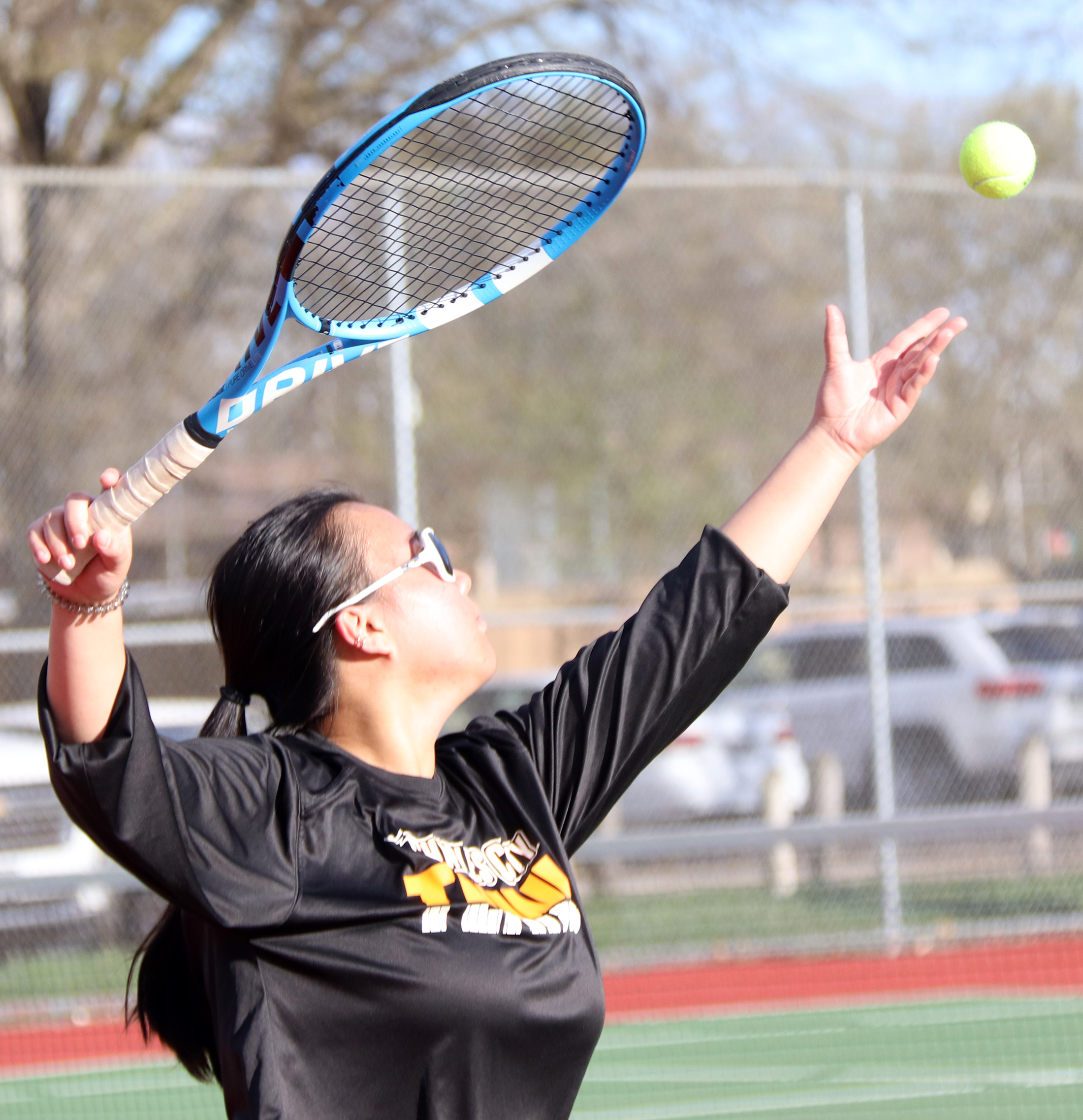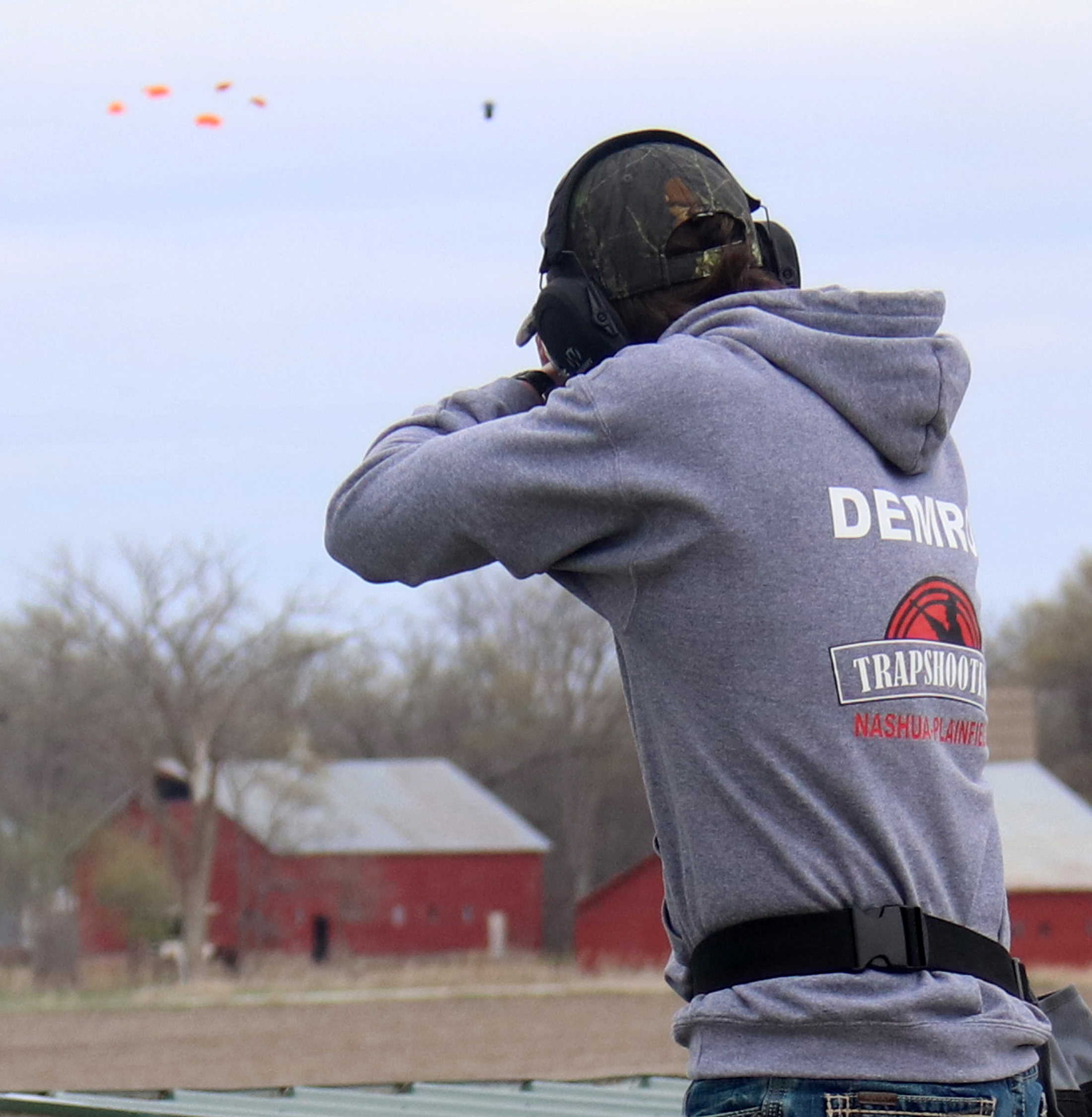Methinks we all doth protest too much, athletes just have bigger platforms
By John Burbridge
sports@charlescitypress.com
Being a contributing editor who sometimes edits his own copy, and when measures become desperate, is allowed to edit others’, I give myself the permission to act like a schoolmarm whenever the English language gets butchered within blood-shot of my ears.
And the person who continually trips my ire is Alanis Morissette.
It’s not that the Canadian singer goes out of her way to make malaprops to my face. It’s just that she has a pop classic song that frequently finds its way to my car radio whenever I’m not careful switching stations.
“Ironic”.
Ironically … ahem … there’s not a single example of irony within its verses. But if I had to edit — or rather add — some lyrics to bring the song closer to its title’s theme, I would offer this:
It’s like getting real steamed whenever athletes use their visibility to enhance their political stage/
And then raging about it to all my followers and friends on my Twitter account and Facebook page/
Isn’t it ironic?
You can say athletes — as well as entertainment celebrities — doth protest too much … usually don’t know what they’re talking or protesting about … are merely trying to draw more attention to themselves and reap the extra rewards that usually follow … and should only be respected for the talents that made them famous. But while doing so, you may be protesting too much yourself.
Indicated by the proliferation of “enlightenment” on social media, there’s no shortage of non-celebrities with bones to pick, noses to tweak and provocative memes to forward to help make the world a better place, civility be damned.
To note, newspaper columnists also tend to dole out their unsolicited opinions.
It’s just that they/we don’t have the spanning platform of a Megan Rapinoe.
But the folks making up the International Olympic Committee remain committed to keep all this fatuous discourse contained … or off the medal stand.
While citing one of its already established charter rules, IOC announced earlier this month that it will continue to prohibit but with greater emphasis Olympic athletes from taking political stands on the field of play. That includes but is not limited to taking a knee, making provocative/political hand gestures, or engaging in “disrespectful” behavior during the medal ceremonies.
Athletes who breach these rules during the forthcoming 2020 Tokyo Olympics will face three rounds of disciplinary action.
The IOC stated while issuing the stricter guidelines, “It is a fundamental principle that sport is neutral and must be separate from political, religious or any other type of interference. The focus for the field of play and related ceremonies must be on celebrating athletes’ performance.”
Separate from politics?
The Olympics themselves have a dubious history of being wielded in the name of political propaganda. The hosts of the 1936 Berlin Games and the 2008 Beijing Games are egregious examples. And you don’t even have to be the hosting country to make a statement.
The United States boycotted the 1980 Moscow Games due to the Soviet Union’s invasion of Afghanistan (Isn’t it ironic?) before the U.S.S.R. responded by staying home for the 1984 Los Angeles Games.
One of the bravest acts of political protest at the Olympics wasn’t a bent knee, raised gloved fist or unilateral boycott. It was an act of sportsmanship.
Carl Ludwig “Luz” Long was a German long jumper who just set the world record in his event during the preliminary round at the aforementioned Berlin Games. In the finals, American-rival Jesse Owens fouled on his first two attempts before Long — in front of an attentive Adolf Hitler, who already made his foreboding Aryan supremacy sentiments known — gave Owens some much-needed technical advice.
Owens went on to win the long-jump gold, one of four gold medals he panned during the games. Long was killed at the Biscari Massacre during WWII.
Protesting Olympic athletes don’t always champion political dissent. It can be all in the name of brand names.
When the original 1992 Dream Team — now a “Who’s Who” of National Basketball Hall of Famers — collectively took the top step on the medal stand, several of the players had the Stars and Stripes draped over their torsos. Now how did we go from there to get to Colin Kaepernick?
It was because the warm-up jerseys USA Olympic athletes were required to wear while receiving medals had the Reebok logo placed on the front. Some of the Dream Teamers — most notably Michael Jordan — were NIKE and other apparel pitchmen at the time.
Whether being highly educated or completely clueless, whenever athletes/celebrities/entertainers speak and/or act out on an issue, the coverage it gets tends to start a conversation … sometimes real ones that don’t involve keyboards or touchpads. Conversations can get out of hand, but the exchanges can serve as critical-thinking exercises as well as information reservoirs for all sides involved.
Wisdom is not guaranteed, but imposed silence is nothing ventured. The IOC’s decision to further silence its athletes is a move to quell unwanted controversy and distraction. It’s just not a wise one.







Social Share